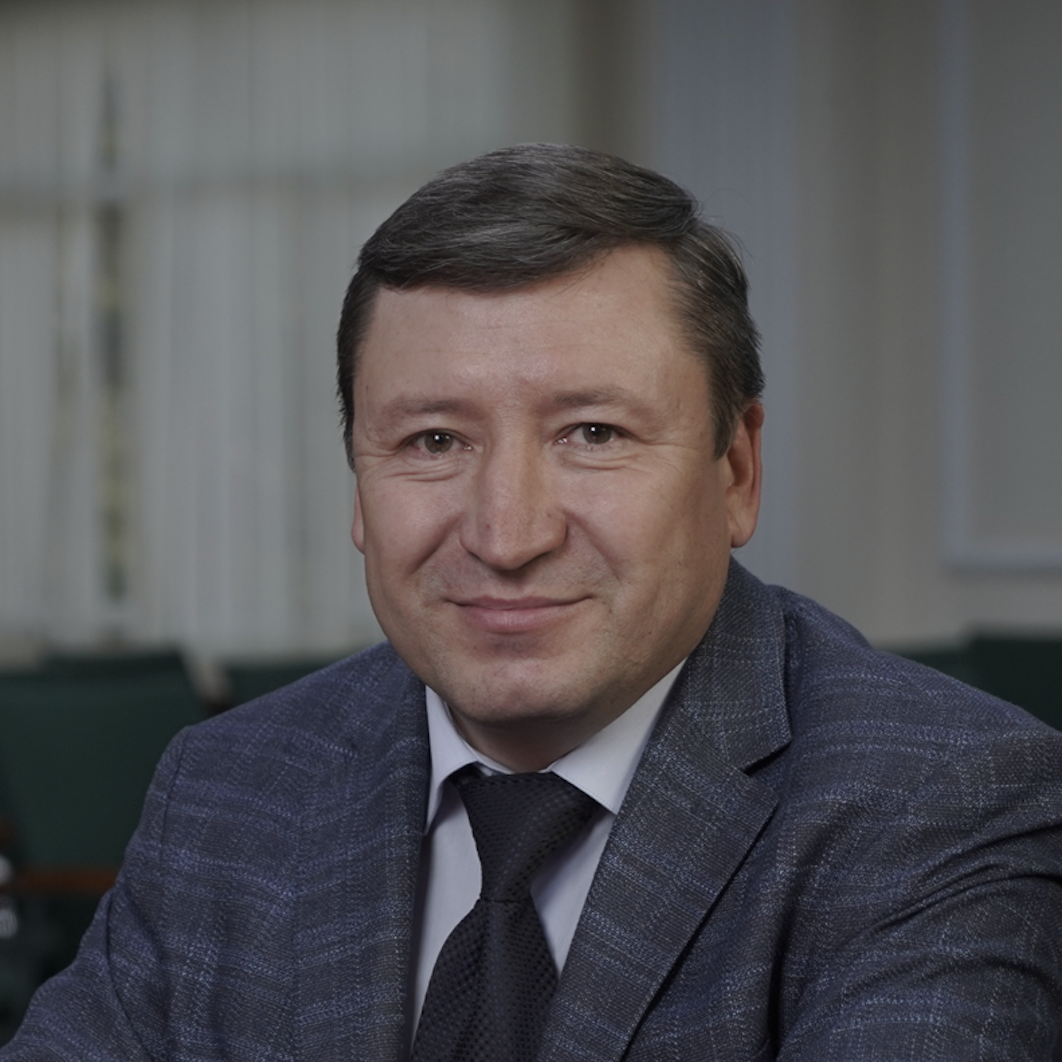Implementing ML models and a decision support system based on Talys.SDE in the pre-insurance screening process
- Customer
- UzbekInvest
- Project manager on the customer side
- IT Provider
- GlowByte
- Year of project completion
- 2023
- Project timeline
- April, 2023 - October, 2023
- Project scope
- 6000 man-hours
- Goals
-
The goals of the current phase of the project are:
- Improving the accuracy of estimating the likelihood of an auto insurance claim occurring using an automated system with predictive machine learning models.
- Implementing a modern decision-making platform that allows automating a wide range of processes for any insurance products and flexibly configuring the logic of such checks.
- Project Results
-
Development/testing environments and the industrial circuit of the DMS have been deployed, a set of project documentation has been developed. Three models have been built to estimate the likelihood of a loss on auto insurance contracts. All models with a ROC AUC metric of more than 0.7. The models made it possible to determine a customer segment with a volume of 15% that brought 61% of losses to the company. ML models are implemented in the decision-making strategy. We are developing and testing integration mechanisms and adapting the company’s processes and systems for the launch of the DMS planned for November 2023. The potential estimated effect for 3 years from the project is more than 9 billion UZS (750k USD).
The uniqueness of the project
The uniqueness of the project lies in the fact that it became the first comprehensive solution to the problem of automated client scoring during the pre-insurance verification stage using predictive machine learning models based on a data mart containing the client’s insurance history, contract information, and vehicle.The Talys.SDE platform used for automating pre-insurance checks is based on open-source technologies and fully meets the requirements for modern high-load OLTP systems of the mission-critical class.
- Used software
-
The following technologies were used in the project: Kubernetes, Flink, React, PostgressPro, Java, Python, Kafka, Spring Boot, Jupiter notebook.
- Difficulty of implementation
-
The main difficulties encountered in the process of working on the project:
-
Missing data and parameters most important for building models;
-
Small volume of target events in the training sample;
-
Inaccuracies and inconsistencies with business logic in the data;
-
Initial implementation in the company landscape of tools for managing cluster infrastructure.
-
- Project Description
-
Within the project, a real-time decision-making system (DMS) is being implemented for the processes of pre-insurance inspections of retail auto insurance: OSAGO and CASCO. The platform for creating the System has chosen the Talys.SDE product from Data Sapience, which allows you to quickly build a modern fault-tolerant business-critical system with the ability to flexibly change the load and business process logic for the company’s current business tasks.
The implementation of the system is carried out by GlowByte “turnkey” and includes a full range of works: design, implementation of DMS and creation of ML models, comprehensive testing, output and maintenance of the system in experimental industrial operation with subsequent transfer to production operation.
Within the task of modeling, analytical ML models were built separately for each insurance product, assessing the likelihood of a loss occurring under a given contract. The model, based on over 800 factors, evaluates the degree of similarity of the customer’s profile and vehicle to those that have previously brought significant losses to the company in the past. The models assign a score (scoring point) to each potential contract, and the company, adjusting this score using the DMS, can achieve the necessary business results in terms of loss and the volume of the insurance portfolio.
- Project geography
-
Uzbekistan

